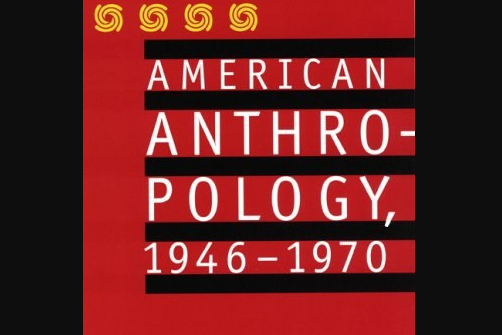內容簡介
From the early Cold War years through the social unrest and activism of the 1960s, American anthropology expanded considerably in size and outreach, becoming spectacularly global and cross-cultural in its interests. Complex societies and communities became increasingly popular subjects of inquiry; the influence of sociological methods upon fieldwork and interpretation grew; a reimagined cultural evolution emerged; and a pervasive interest in the broader forces of culture change shaped research, writing, and theory throughout the quarter century. A dynamic range of schools of anthropological thought flowered-cultural ecology, structural-functionalism, ethnoscience, and, in the last years of the era, French structuralism. The American Anthropological Association became a forum of political debate in the 1960s, and its membership included more people of color but fewer women. The twenty-two selections in this volume highlight the many telling achievements and enduring insights in American anthropology during the first few decades after World War II. Included are significant contributions by such respected anthropologists as Clifford Geertz, Leslie White, Fred Eggan, Anthony F. C. Wallace, S. F. Nadel, Eric Wolf, and Gordon Willey. An introduction to these essays by Robert F. Murphy provides a historical and critical backdrop for understanding the changes and continuity in American anthropology during this time. Robert F. Murphy was a professor of anthropology at Columbia University. His books include The Body Silent and The Dialectics of Social Life: Alarms and Excursions in Anthropological Theory.

